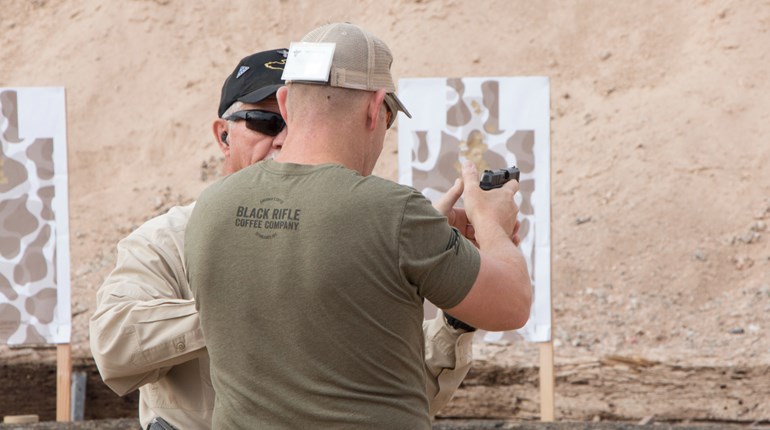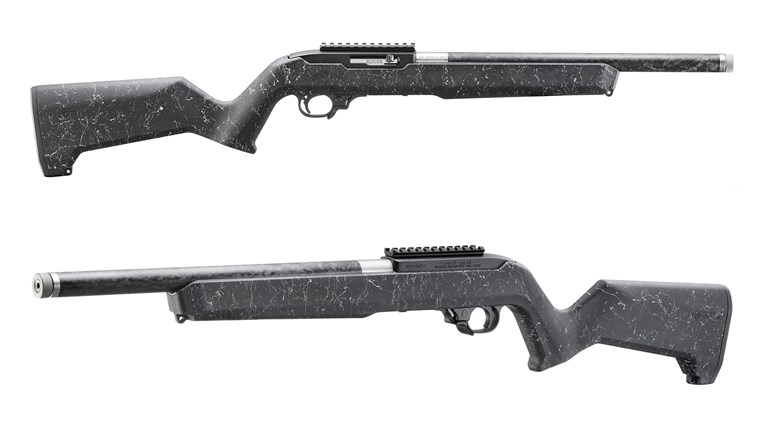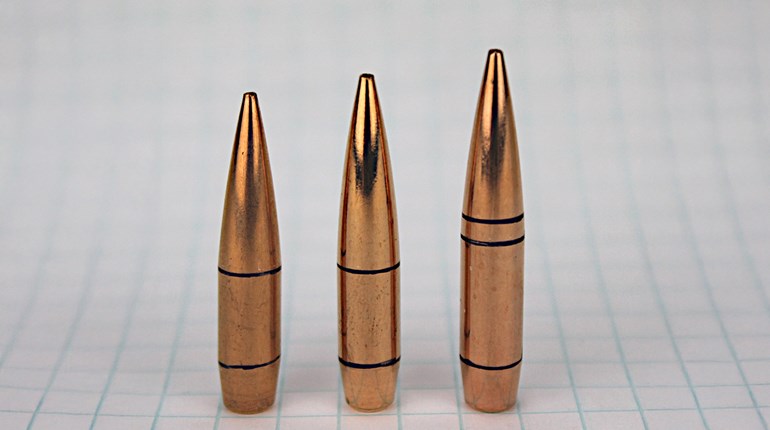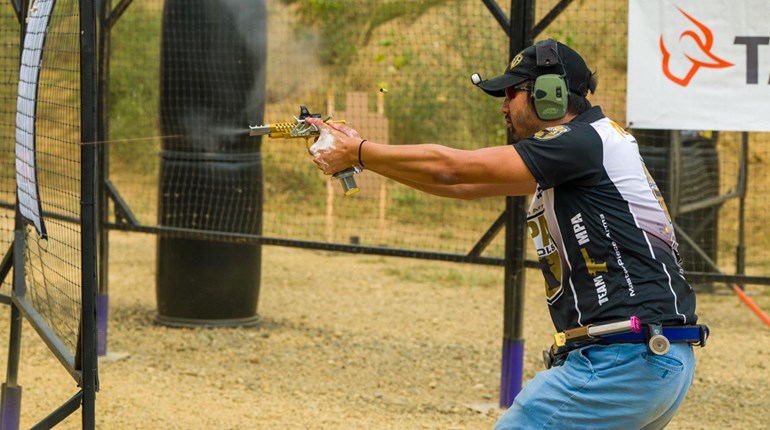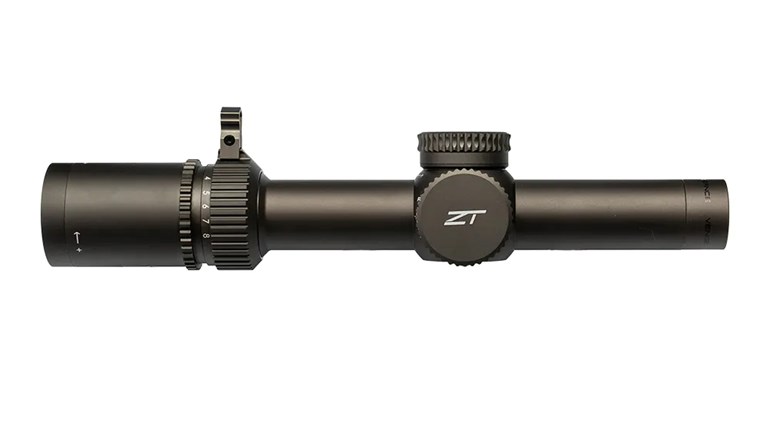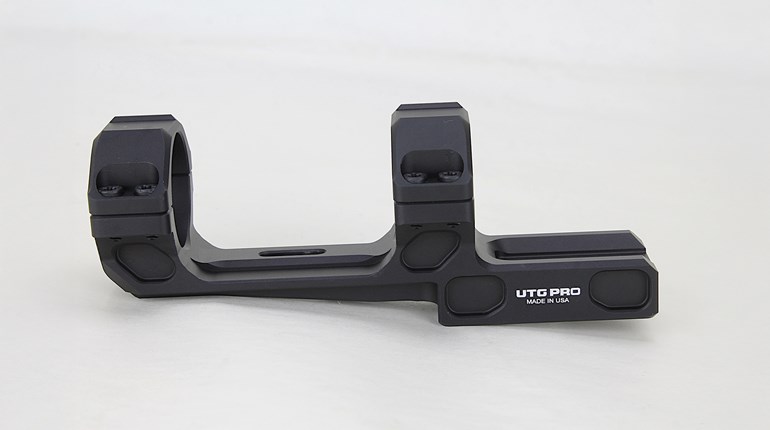
Shooting your first major match is a big deal. Whether it is a section, state, area or national match, it is a step up from the local matches you have been attending—and the cost to attend the match is also usually more than that local match. Things like a higher match fee, more ammunition, a longer drive (or even airfare) and possibly a hotel stay, all contribute to the investment in attending the match. But the thing most competitors forget is that the rules may also be more strictly enforced than their local match.
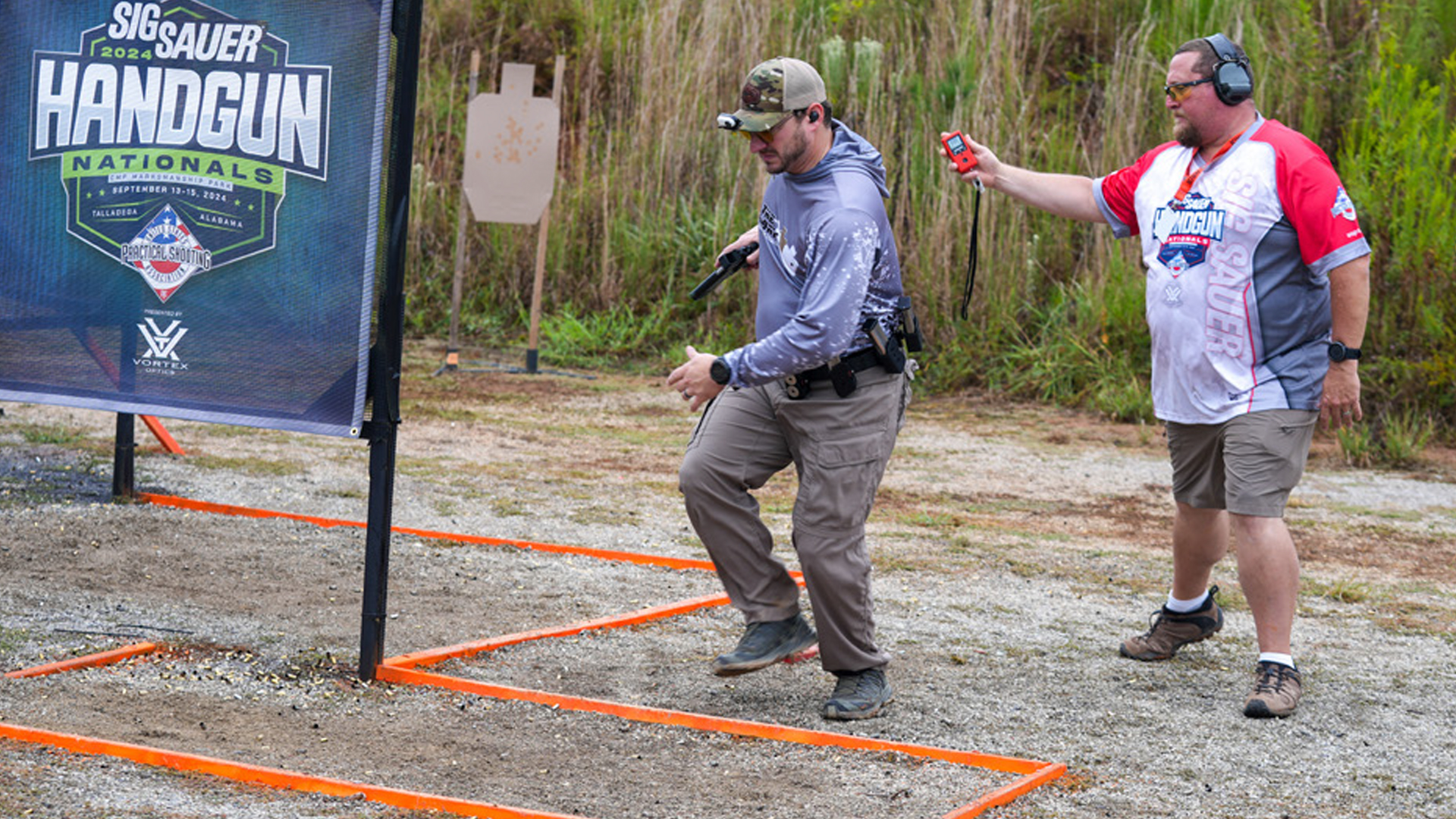
It seems like NROI (the National Range Officers Institute) has been getting many emails from competitors who have attended their first major match (which is awesome) but were unhappy with the experience. The complaints range from being disqualified, to being upset about shooting in Open with a Carry Optics gun, to issues with the match staff. After the match is over, there isn’t anything we at NROI can really do; however, most of the complaints have one thing in common—the competitors didn’t know the rules.
There are two types of competitors in USPSA, those who read the rulebook and those who don’t. There are the competitors who are the studious type and want to know all the ins and outs of the sport, which means paying attention to the rulebook. These are the folks who also ask a lot of questions because they want to make sure they understand the equipment, scoring and penalty rules. Then there is the other type who show up at matches occasionally, assume the info they get at those matches is correct, and think they know enough to compete at any match level. Some of these folks may survive a major match just fine, but many run afoul of being misinformed about the rules and equipment at a major match.
KNOW THE RULES
The rules for USPSA Competition and USPSA Rifle, Shotgun and Multigun matches can be found at the USPSA website. SCSA rules are at the Steel Challenge Shooting Association website. These rulebooks are your friend. Yes, I know they have a lot of pages, but for competitors the key chapters are Eight, Nine and 10. Chapter Eight is the range commands and course of fire, Chapter Nine is scoring and Chapter 10 is penalties and disqualifications. At minimum, you should read through these three chapters. Sometimes local matches don’t enforce all the rules properly, and it usually isn’t intentionally done.
So don’t assume what you see at your local matches is what you will see at major matches. I am not throwing clubs under the rules bus, I am just saying that we see a lot of variation in rules enforcement at the local level and, as Range Master, when I counsel folks who have disqualified at section, area and even national matches, I often get the comment of, “They don’t enforce that at my local match.” Like I said, most of the non-enforcement at local clubs is accidental and usually when clubs host a range officer seminar and get a herd of new range officers at their matches, the enforcement of the rules improves greatly.
CHECK YOUR EQUIPMENT
Many times, equipment legality issues get overlooked at local matches. It isn’t on purpose, because everyone is socializing and having fun and sometimes nobody notices the Carry Optics competitor with a magazine well on his pistol or the Single Stack competitor using a race holster, or the Limited Optics competitor with 155 mm magazines. However, these things will get noticed at major matches. Ideally, these things should be caught at local matches, so competitors don’t have issues at major matches, but ultimately it is the competitor’s responsibility. This is where the rulebook again becomes a handy resource. General equipment rules are covered in Chapter Five of all the rulebooks. Division-specific equipment and firearm rules are covered in Appendix D, and there is an Appendix D for each division. If you still have questions after consulting the appropriate rulebook, reach out to NROI at [email protected], and please include pictures or links to the manufacturer’s website for a speedier response.
KNOW HOW TO APPEAL
USPSA and Steel Challenge rulebooks outline the processes for appealing scoring calls and penalties. For scoring calls, the process is to appeal first to the Range Officer who made the call, then to the Chief Range Officer of the stage, and then the Range Master before signing your scoresheet. The process for appealing penalties is the same—Range Officer, Chief Range Officer and Range Master before signing your scoresheet; there is also the arbitration process (see Chapter 11 of the rulebooks). Be aware, too, that in all the appeal processes, video cannot be used, and there are time limits on appealing things after signing your scoresheet. Basically, all the disputes need to be handled at the match using the process outlined in the rulebook. Emailing NROI on Monday morning is not going to change things, because the match results are final; however, if you are just wanting clarification for learning purposes, we are cool with that.
BE A GOOD SPORT
Sportsmanship is a large part of the success of USPSA matches at all levels, and good sportsmanship needs to come from the range officials and staff and the competitors and spectators. Range officials need to apply the rules consistently and fairly and be polite, welcoming to the competitors to ensure a safe, fair and fun event. If, as a range official, you make a call by mistake, don’t be afraid to admit it and get it fixed. If it’s calling “stop” on something you thought was a DQ, but ended up not being a DQ, we fix it by issuing a reshoot for the competitor. If, after the squad has left the stage, you realize that you applied too many procedural penalties or some other error, call the Range Master so he or she can fix it before the match is over.
Competitors exhibit good sportsmanship by being ready to compete when it is their turn, helping with stage reset and respecting the range officials. USPSA matches rely on volunteer staff that usually have fired a staff match in a compressed time frame and then are on the range all day, every day of the match. So when they remind your squad to reset the stage for the third time, keep in mind they are way more exhausted than you. Spectators (including camera operators) need to also exhibit good sportsmanship and not impede the running of the stages. This includes staying off the stage if asked by the range officials, and not moving further downrange if a Range Officer stops them while they are filming. Range Officers are there to keep everyone safe and usually see things a camera person does not, like a loaded magazine that was dropped or a missed target.
I like the words Bob Robertson, a prolific sports announcer from the Pacific Northwest, used to sign off his broadcasts: “Always be a good sport, be a good sport in all ways.” If everyone at the matches keeps this in mind, we all will have a great experience.
Read the USPSA and Steel Challenge rules.
Article from the January/February 2025 issue of USPSA’s magazine.













